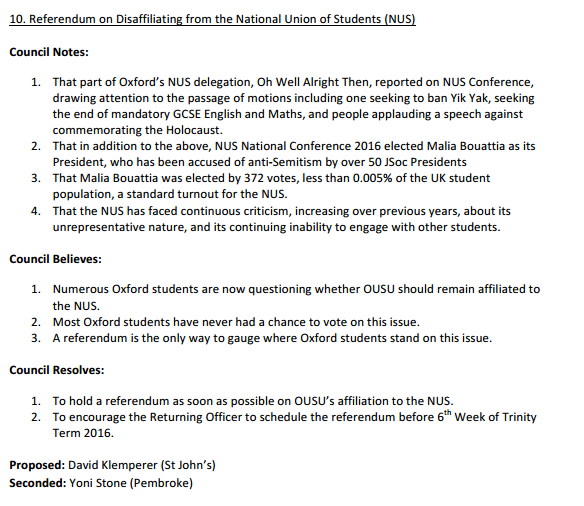FOUR STARS
An unsteady camera jerkily pans, re-focuses and zooms in on the languorous visage of Miles Davis (Don Cheadle), compulsively smoking, his voice a dry, menacing rasp, deflecting the questions asked off-screen by Rolling Stone journalist Dave Brill (Ewan McGregor). This first shot of the film immediately establishes the tone, acting as an extended investigation into the dichotomy of Miles Davis, trying to connect the deeply flawed man with the greatest jazz musician of the twentieth century, whose pure, incisive trumpet playing propelled jazz forwards.
Set in the in the late 1970s, during Davis’ self-imposed retirement from music, director Don Cheadle (impressive both behind and in front of the camera), weaves fact and fiction around the enigmatic, mysterious and fascinating figure of Davis. The framing narrative – of a reporter trying to score an interview with the reclusive legend, and becoming involved in Davis’ record company’s attempt to steal a tape of new music from Davis – is pure fiction and sounds rote on paper. Indeed, the inclusion of a car chase and shootings stretch disbelief and obscures the film’s real aim of exploring Miles himself. However, despite the script’s problems, McGregor must be given credit for bringing a hackneyed character to some semblance of life. And at least, in locating the main narrative during Davis’ ‘wilderness’ years, the film offers little heroicising: this is no mere hagiography.
In fact, Cheadle refuses time and again to soften his depiction of Davis as a burnt-out addict on a plethora of drugs, from cigarettes to drink and cocaine, his creative desires dissipated. Thankfully, Cheadle refuses to embrace the clichés of biopics, the parabola of success to failure to come-back. Here, we start with the failure and even the copious flashbacks to when he was creating truly groundbreaking jazz, such as recording ‘Sketches of Spain’ (1960) with arranger Gil Evans (Jeffrey Grover), his personality flaws are very visible. His possessive and finally violent relationship with his wife Frances Taylor (Emayatzy Corinealdi) strains our sympathy for him; even before she leaves him, his copious drug habits leave him a battered figure. His intense identification with boxing (even naming his 1971 album after world heavyweight champion Jack Johnson), punching his way through adversities, many of them self-created, is highlighted by one of the film’s strongest moments. After Davis bursts into a boxing tournament in search of the stolen tape, the fighters transform into a jazz band. For Davis, music was just as intense as fighting.
Cheadle as a director has a fine grasp of the swirling flashbacks, making no pretence at crafting a chronological overview; perhaps though it would have been better to focus on this aspect most of all, instead of the theatrics of untrustworthy managers abusing musical artists. Yet the inclusion in the present of Junior (Keith Stanfield), a young, troubled jazz trumpeter, who Miles recognises as kind of younger version of himself, makes for an interesting counterpoint and dynamic.
The cinematography from Roberto Schaefer is frequently impressive, capturing the grainy tones of both late seventies photography as well as the Technicolor feel of the 1950s, helping to create a sense of verisimilitude beyond period cars and fashions. In addition, Cheadle wisely realises his strongest asset is Davis’ music, and he uses it to score virtually the whole of the film in an inventive way, emphasising the versatility of his musical ability. When it comes to scenes of Davis just playing the trumpet though, it’s just pure visual and aural pleasure. Cheadle learnt to play the instrument for the role, while the overdubbing of Keyon Harrold hits all the right notes. The intermingling of effervescent beauty and seductive danger in Miles’ music, where it’s always just about ’round midnight, is transferred seamlessly to both the soundtrack and indeed Cheadle’s own performance.
It would be wrong to hail it as a great film: the script makes too many missteps for that. However, the performances, individual scenes, the music, the atmosphere are all too pleasurable to dismiss. It comes so close that it’s hard not to enjoy it. The final scene offers a neat summation of everything the movie does well, a fantasy concert imagining what it would be like if Davis were still alive playing today, instead of dying in 1991, aged 65, the camera gleeful and giddy, swirling around the melody and solos. The final fade-out has the title card, ‘Miles Davis, May 26th, 1926 -‘. Davis was his music, and great music never dies.






